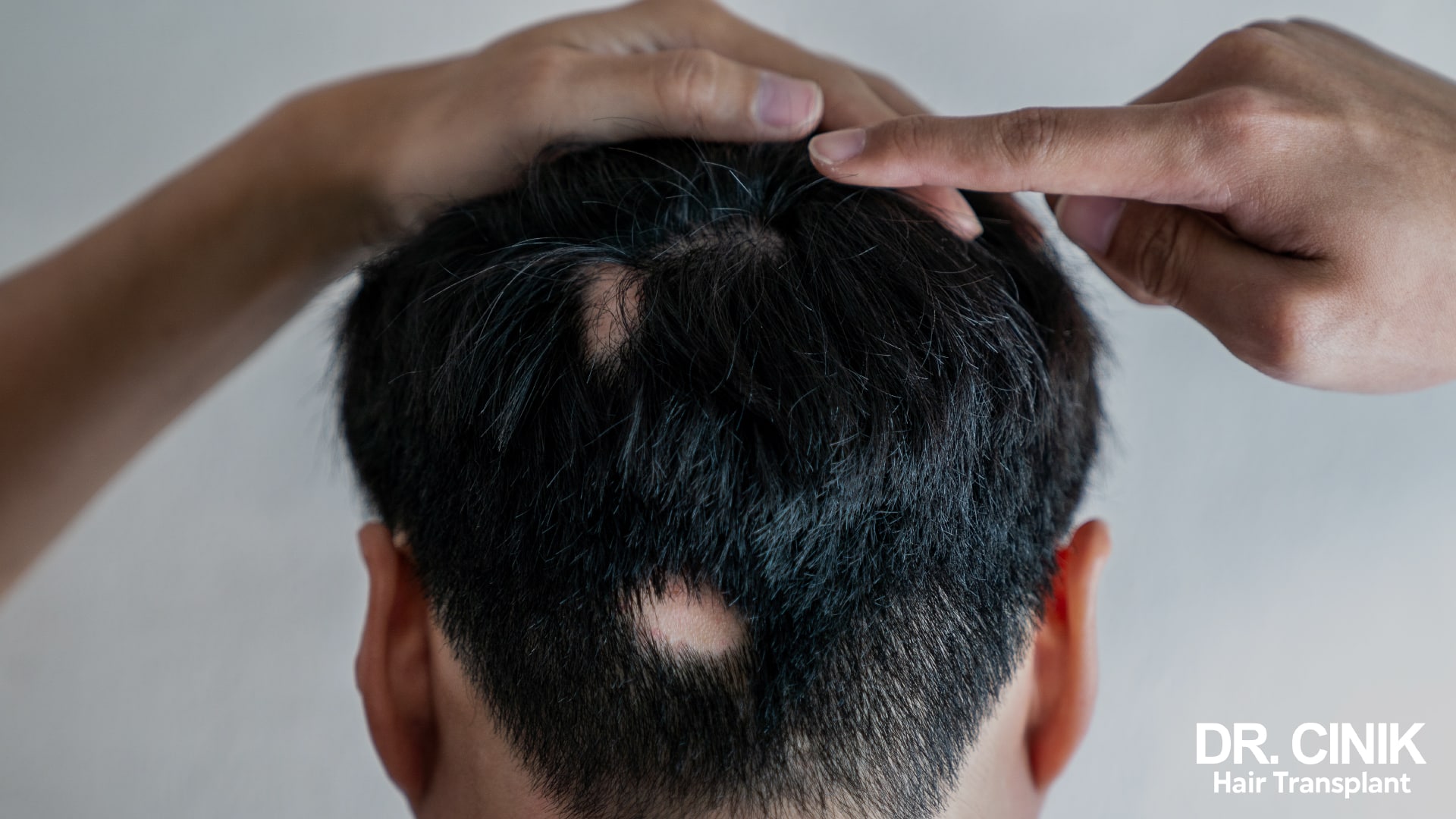Hair loss is a common concern that affects millions of people worldwide. Whether caused by genetics, lifestyle factors, or underlying health conditions, experiencing hair loss can take a toll on your confidence and emotional well-being. The good news is there are solutions available to address this issue. By understanding the causes and exploring effective treatments, you can take steps to manage and even reverse it.
What Are Common Reasons for Hair Loss?
Hair loss can occur for a variety of reasons, and understanding the root cause is key to finding the right treatment. Some of the most common causes include:
- Genetics – Hereditary hair loss, or androgenic alopecia, is the most common cause of hair thinning and baldness. It affects both men and women.
- Stress and Lifestyle – High levels of stress, poor sleep, and unhealthy habits such as smoking can contribute to temporary hair loss known as telogen effluvium.
- Medical Conditions – Thyroid disorders, autoimmune diseases like alopecia areata, and scalp infections can often result in noticeable hair shedding.
- Hormonal Changes – Pregnancy, menopause, and hormonal imbalances can alter hair growth cycles, leading to thinning or shedding.
- Nutritional Deficiencies – A lack of nutrients such as iron, biotin, and zinc may contribute to weak or thinning hair.
By identifying the specific reason behind losing hair, you’ll be able to better tailor your approach toward treatment and regrowth.
What Are Common Treatments?
Treating hair loss often involves a combination of medical, at-home, and lifestyle strategies. Here are some common treatment options:
- Medications – Over-the-counter solutions like minoxidil (Rogaine) and prescription medications like finasteride (Propecia) can promote hair regrowth in cases of androgenic alopecia.
- Hair Transplants – Surgical procedures such as follicular unit transplantation (FUT) and follicular unit extraction (FUE) offer long-term solutions for severe conditions.
- Laser Therapy – Low-level laser therapy devices, such as laser combs or caps, may stimulate hair follicles and encourage regrowth.
- Topical Treatments – Some people find success with serums and shampoos enriched with ingredients like caffeine, keratin, or peptides designed to strengthen the hair shaft.
- Scalp Micropigmentation – For those who prefer an aesthetic approach, this non-invasive treatment tattoos pigments on the scalp to mimic the appearance of fuller hair.
Choosing the right treatment largely depends on the type and extent of hair loss. A combination of consistent care and professional guidance often yields the best results.
How Can Diet and Supplements Support Hair Regrowth?
A healthy diet is key for maintaining strong and healthy hair. Since hair is primarily made of a protein called keratin, consuming protein-rich foods like lean meats, eggs, beans, and tofu can support hair strength and regrowth. Healthy fats such as omega-3 fatty acids, found in fish like salmon, seeds, and walnuts, nourish hair follicles and improve scalp health, creating the ideal conditions for growth.
Vitamins and minerals can help promote hair health. Iron, found in foods like spinach, lentils, and red meat, aids in proper oxygen flow to hair follicles, while biotin, a B-vitamin present in eggs, nuts, and supplements, can help prevent hair thinning. Zinc, available in foods like pumpkin seeds and oysters, aids in tissue repair, supporting hair restoration. Staying hydrated by drinking plenty of water helps maintain a healthy scalp environment for optimal growth. For those with nutritional gaps, high-quality hair-specific supplements can be beneficial, but it’s always best to consult a doctor before starting any new supplement routine.
Consult a Specialist
While at-home remedies and treatments can work wonders, professional input can put you on the best path for success. If you’re struggling with persistent or severe hair loss, seeking advice from a dermatologist or trichologist can provide valuable insights tailored to your unique situation. Start your hair regrowth journey today by consulting a specialist and exploring treatment options that work for you.
- mylovelyfurryfriend discover expert tips on dog health
- Infectious Diseases Updates – Stay Informed, Stay Protected!
- Wegovy For Weight Loss – A Breakthrough in Managing Obesity!
- Emergency Medicine Forum – A Hub for Fast-Paced Knowledge, Support & Updates!
- Pediatrics Discussions – Insights, Challenges, and Expert Advice for Better Child Health!





Leave a Reply